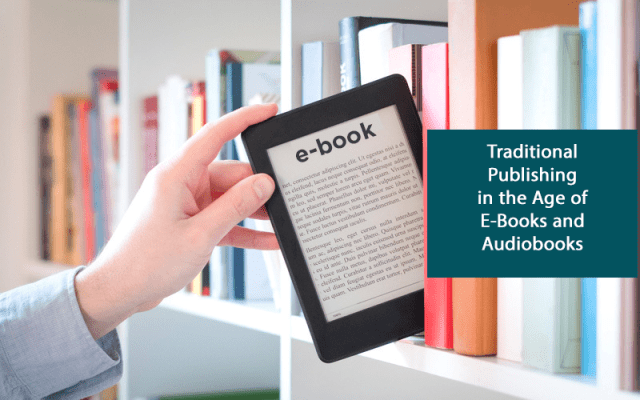In an era dominated by digital content consumption, traditional publishing stands at a crossroads. With the rise of e-books, audiobooks, and online platforms, the landscape of publishing has undergone significant transformation. In this article, we delve into the challenges and opportunities faced by traditional publishers in adapting to the digital frontier while retaining the essence of their craft.
Embracing Digital Formats:
Reputed Traditional publishers in the UK are increasingly embracing digital formats to cater to evolving reader preferences. E-books and audiobooks offer accessibility and convenience, allowing publishers to reach broader audiences globally. However, this shift necessitates investments in digital infrastructure, rights management, and marketing strategies tailored for online platforms.

Balancing Tradition with Innovation:
While embracing digital formats, traditional publishers must strike a balance between preserving the values of print publishing and embracing innovation. Maintaining editorial standards, curating quality content, and nurturing author relationships remain fundamental pillars of traditional publishing ethos, even in the digital realm.
Leveraging Technology for Enhanced Engagement:
Technology offers traditional publishers opportunities to enhance reader engagement and storytelling experiences. Interactive e-books, multimedia content, and immersive storytelling techniques enable publishers to captivate audiences in new ways while preserving the essence of traditional storytelling craftsmanship.
Addressing Copyright and Piracy Concerns:
The digital landscape presents challenges such as copyright infringement and piracy, requiring publishers to implement robust digital rights management (DRM) solutions and anti-piracy measures. Collaborating with technology partners and advocating for stronger intellectual property protections are essential for safeguarding authors’ rights and preserving the integrity of the publishing industry.
Cultivating Author Platforms in the Digital Age:
In the digital age, authors play an increasingly active role in promoting their work and engaging with readers. Traditional publishers can empower authors by providing digital marketing support, cultivating online author platforms, and facilitating collaborations with influencers and online communities. Building strong author-publisher partnerships fosters mutual success in navigating the digital frontier.
Adapting Distribution Strategies:
Digital distribution channels offer traditional publishers opportunities to expand their reach and streamline distribution processes. Partnering with online retailers, subscription services, and digital libraries enables publishers to maximize the discoverability and accessibility of their content while adapting to shifting consumer behaviors and preferences.
Conclusion:
Traditional publishing faces both challenges and opportunities in the digital age. By embracing digital formats, leveraging technology, and nurturing author relationships, traditional publishers can thrive in the evolving landscape while preserving the timeless appeal of storytelling craftsmanship. Navigating the digital frontier requires a strategic blend of tradition and innovation, ensuring that traditional publishing continues to enrich readers’ lives in the digital era.

